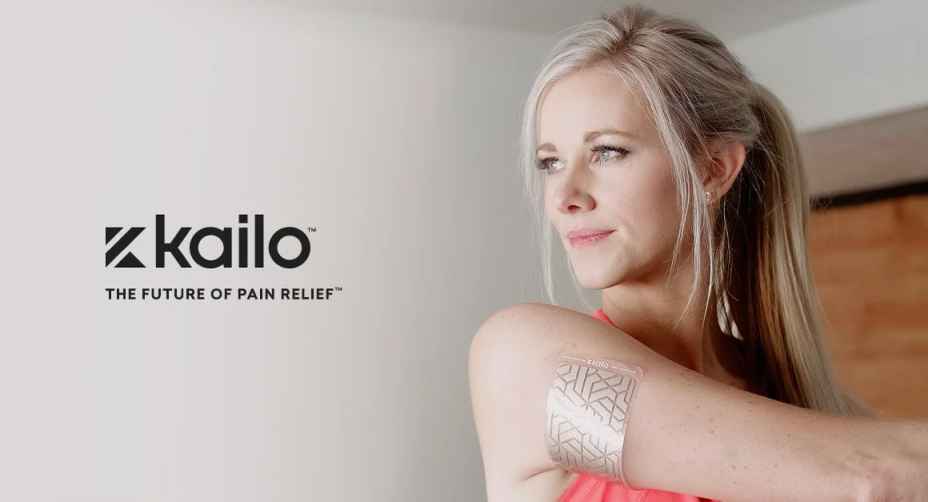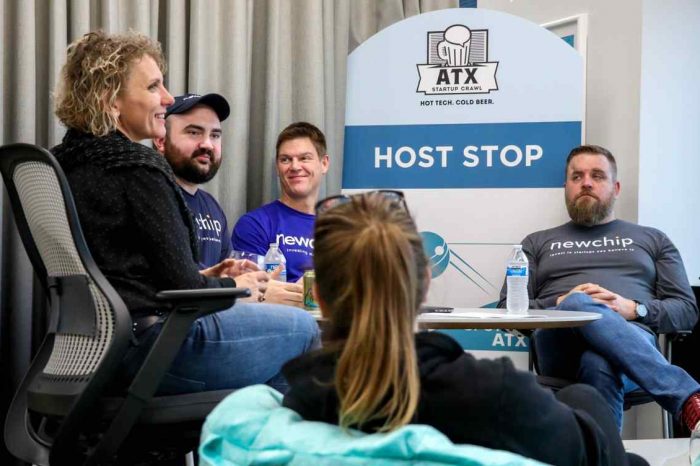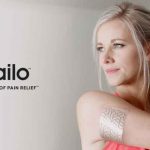Kailo Labs launches the world’s first nanotech bio-antenna for pain relief

Kailo Labs, an Utah-based nanotech startup, has launched the world’s first nanotechnology-based bio-antenna for easy pain relief on the crowdfunding website, Indiegogo. With 9 days to go, KailoLabs exceeded its funding goal after raising over $200,000. Over 2,000 backers have now pre-purchased a Kailo, which begins shipping in July.
“Pain is a huge problem,” says Kailo Founder, (and materials science engineer) Stuart Fetzer. “Thousands of people participated in our early research. Almost every one of them had the same reaction; ‘This is so weird!’ Kailo is astounding technology for relieving pain, naturally. Kailo is especially effective at reducing long-term, chronic pain,” Fetzer added.
Kailo is the future of pain relief. Unlike other products, Kailo contains zero medication and adds nothing to the body. Instead, each Kailo contains billions of charged nano-capacitors that work like a bio-antenna. Kailo supports the body’s natural ability to relieve pain.
“I’ve had severe pain in my hip and legs every morning for over a decade,” said a 53-year-old Kailo user. “The morning after sleeping with Kailo just above my waistband, I about fainted from shock. I had zero pain. I got out of bed, got dressed, went to work, all without pain. I’m never taking Kailo off!” he added.
Kailo tech began in the lab as a groundbreaking communications antenna. In a EUREKA! moment, Kailo inventors discovered its unique ability to relieve pain. With six broken ribs, one inventor was working on the antenna while lying down. When he rested the antenna on his chest, the pain in his broken ribs went away. Kailo technology for pain relief was born.
Kailo works by placing it somewhere between the brain and the pain. Once a user finds the right spot, Kailo works in seconds. With proper placement, Kailo has a 90%+ success rate and a 14-day 100% money back guarantee.
“There are billions of people with pain,” said Fetzer. “Kailo is extraordinary technology. We want to help as many sufferers as we can.”

